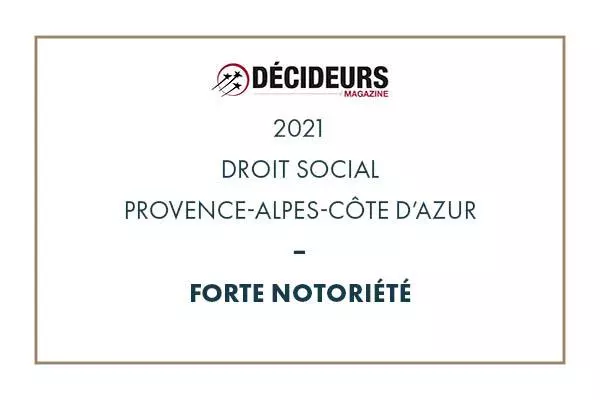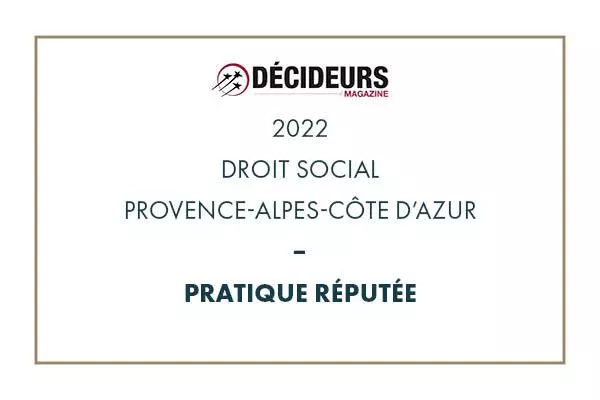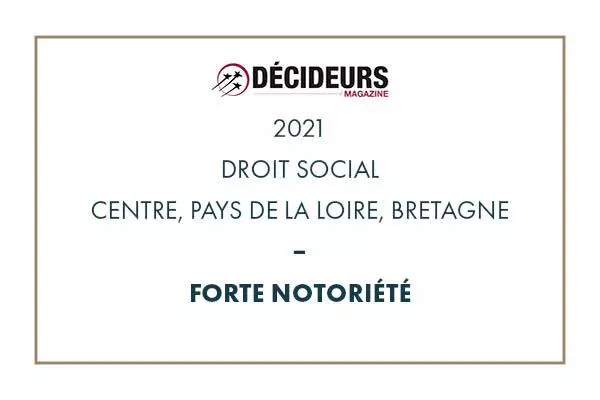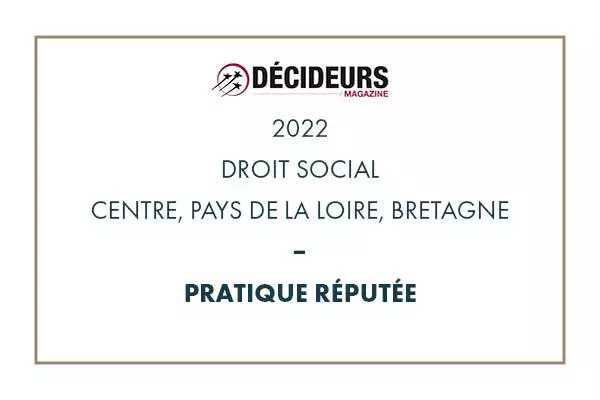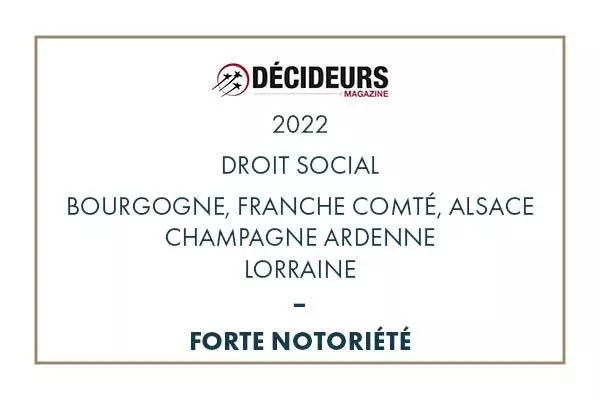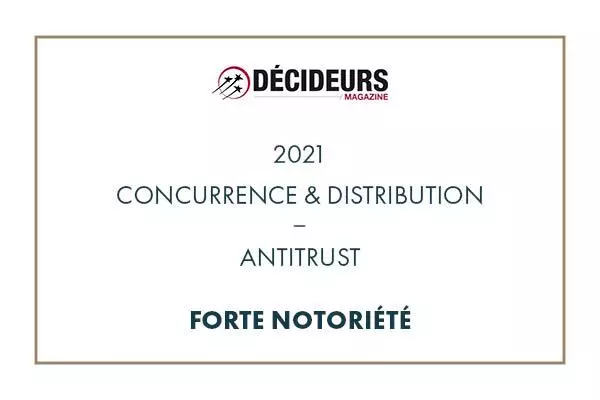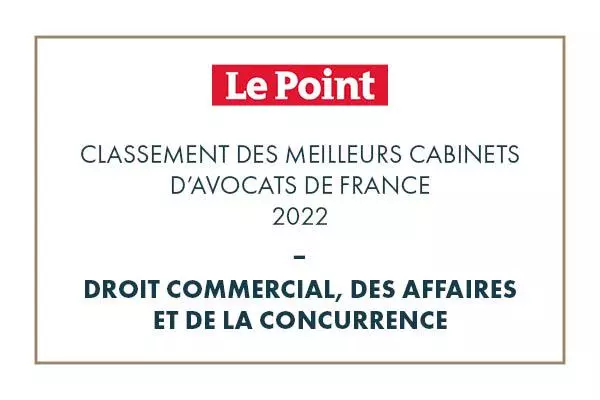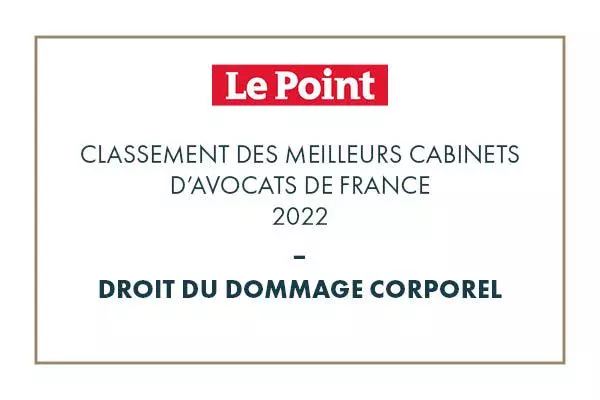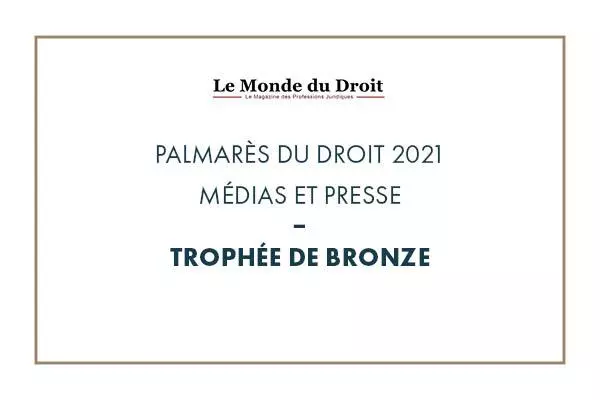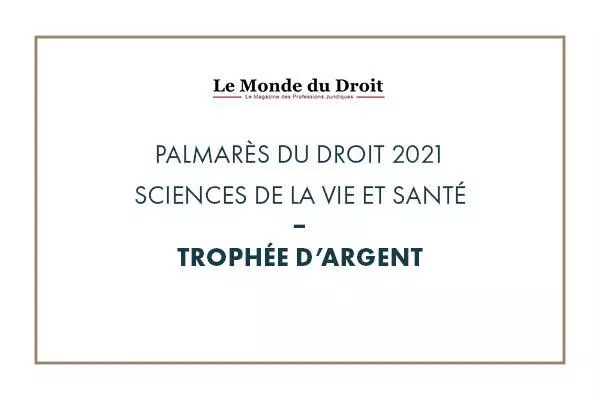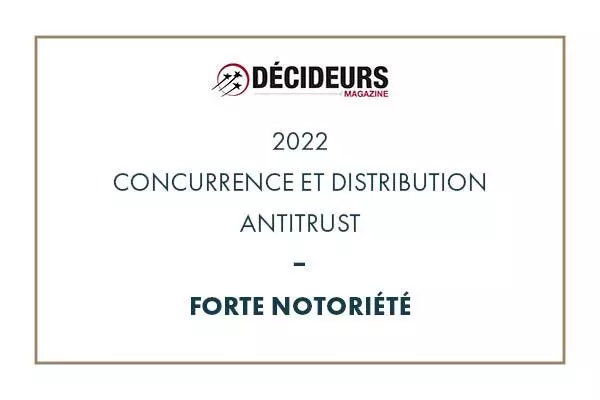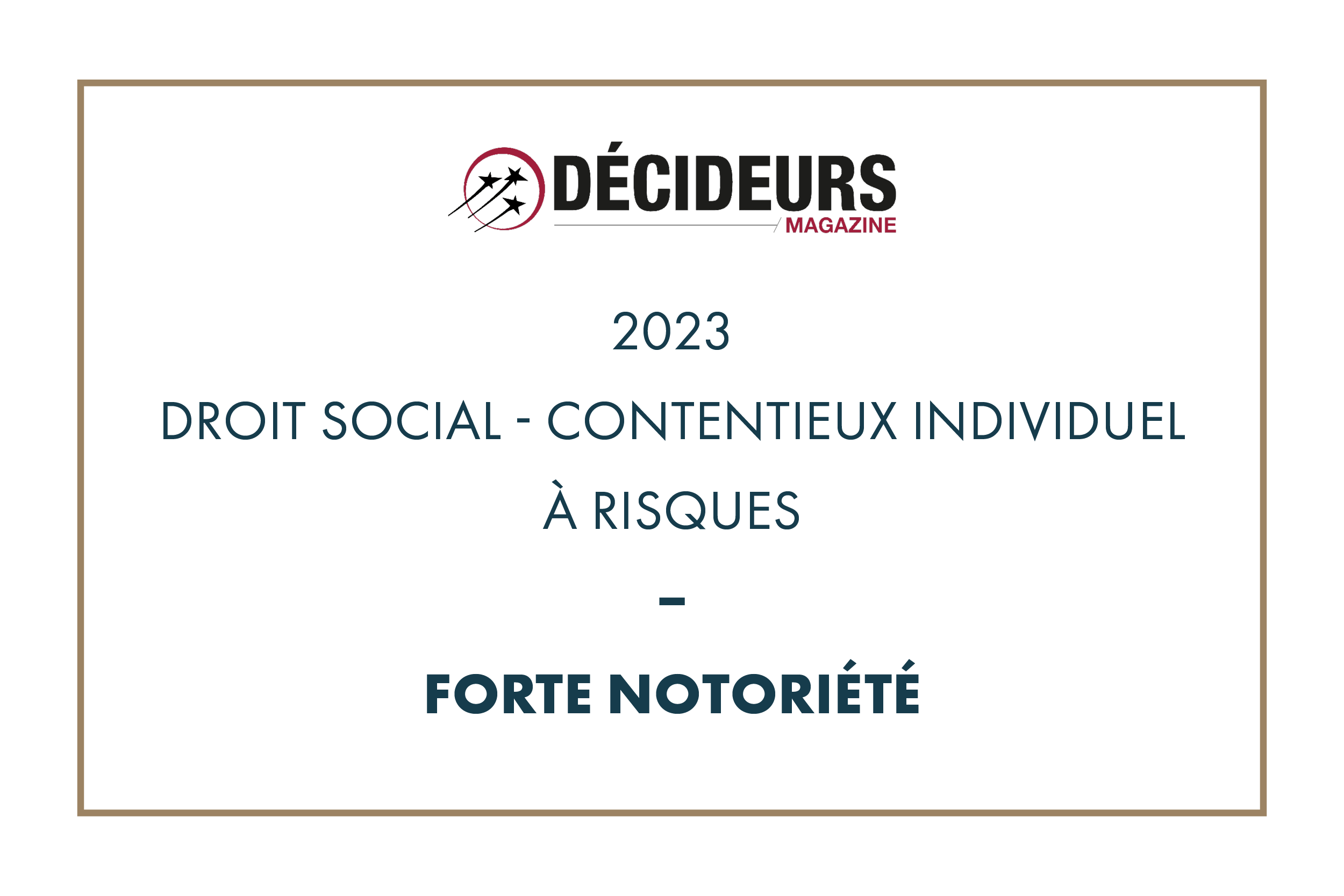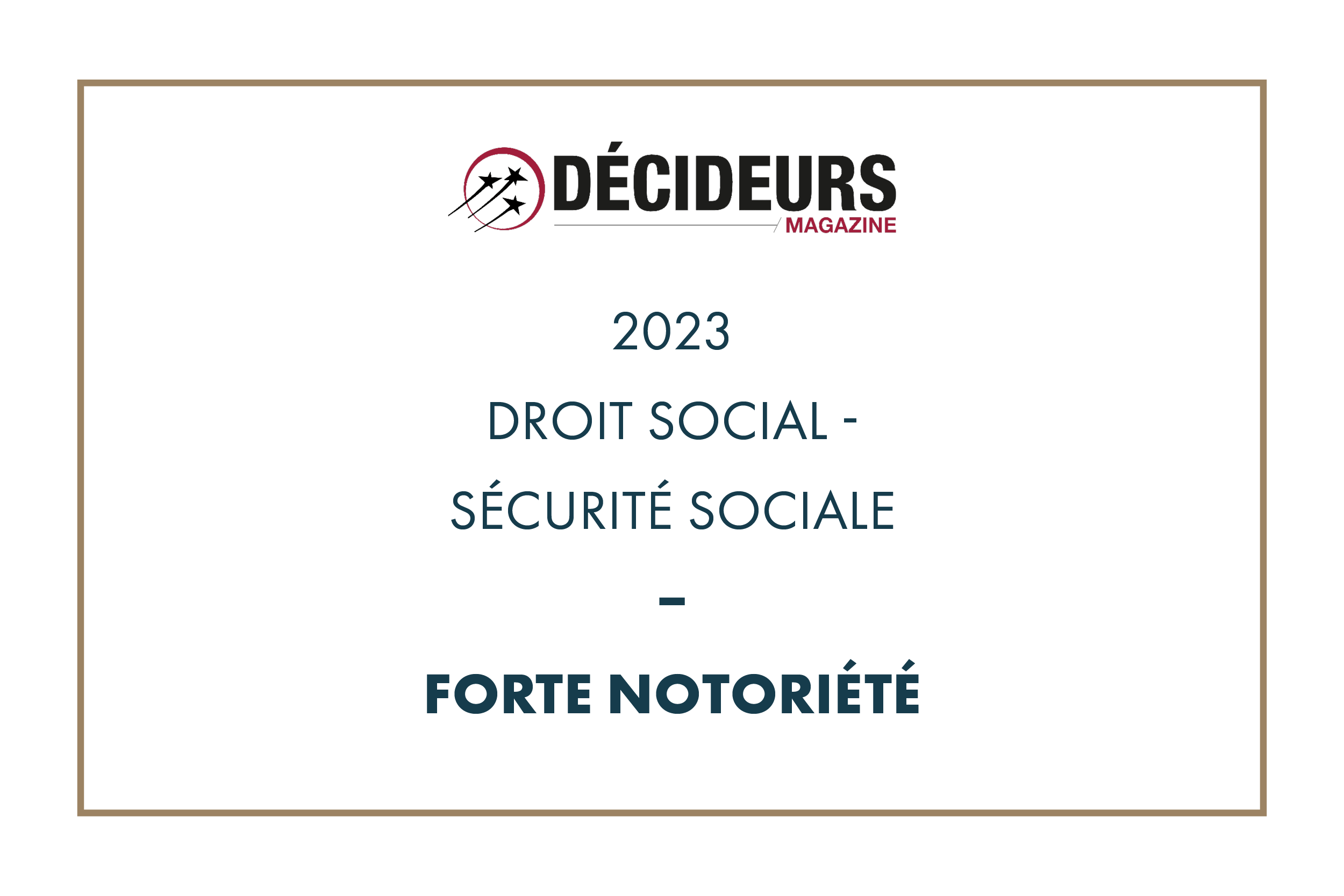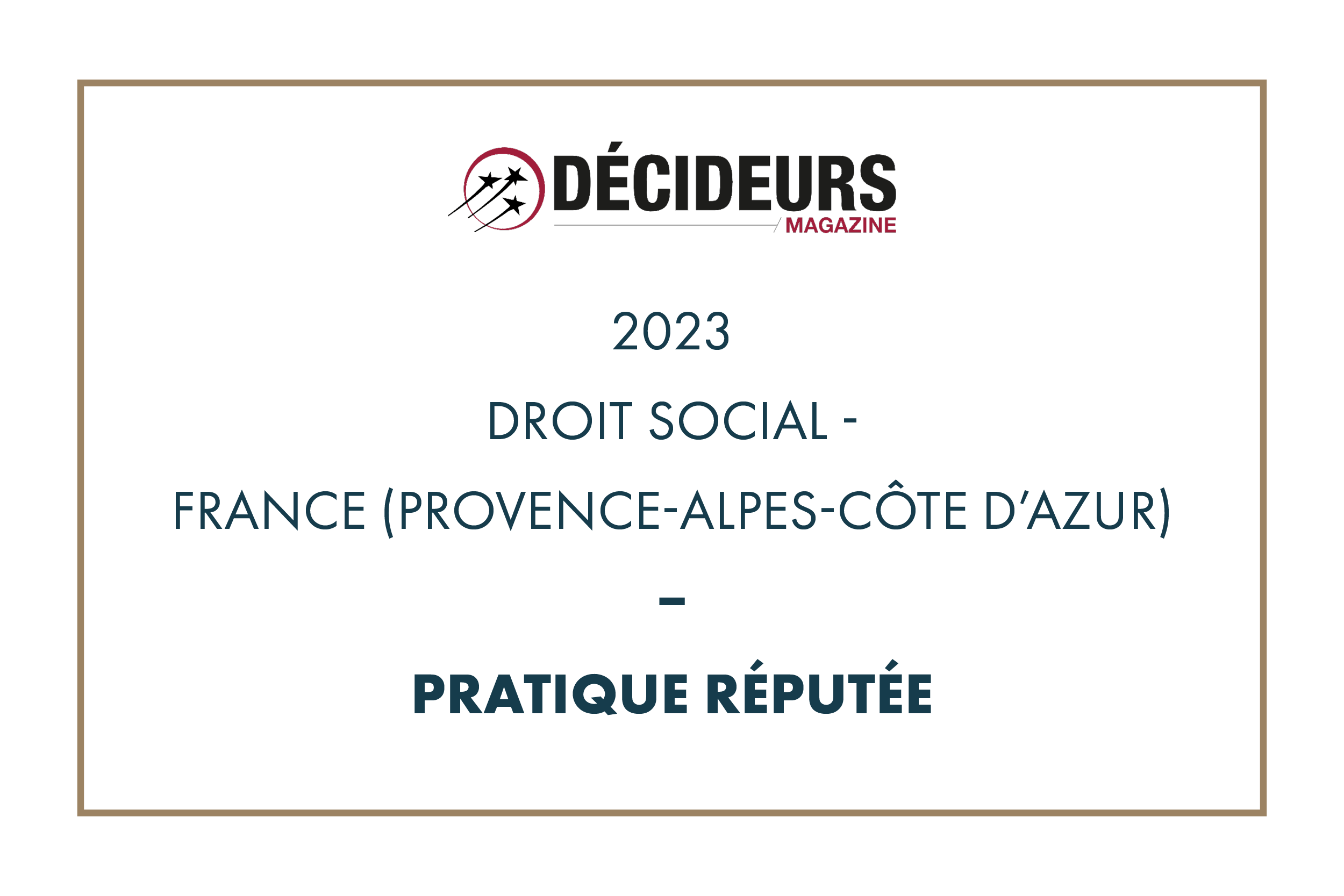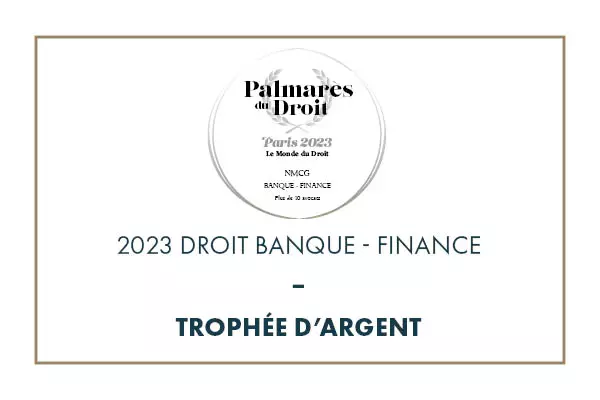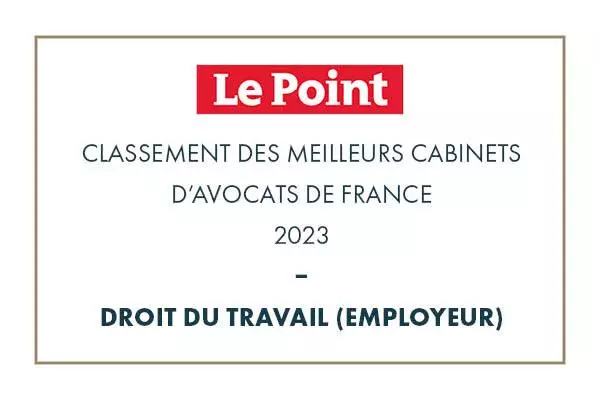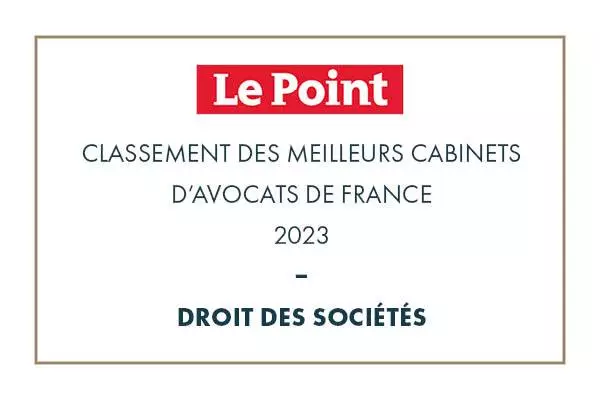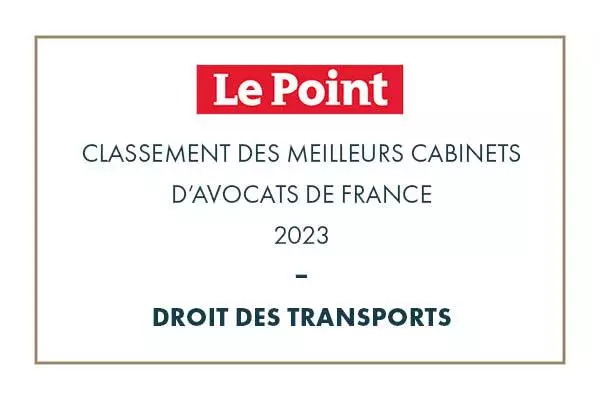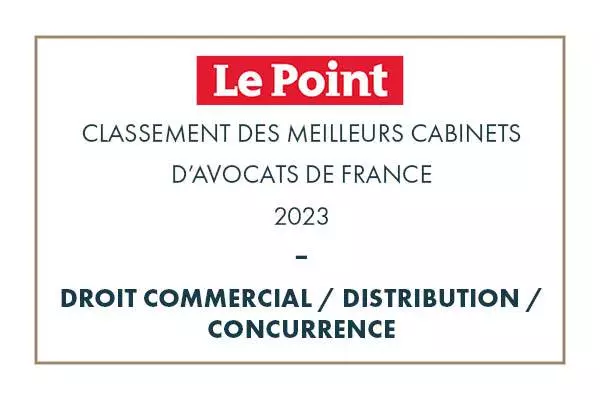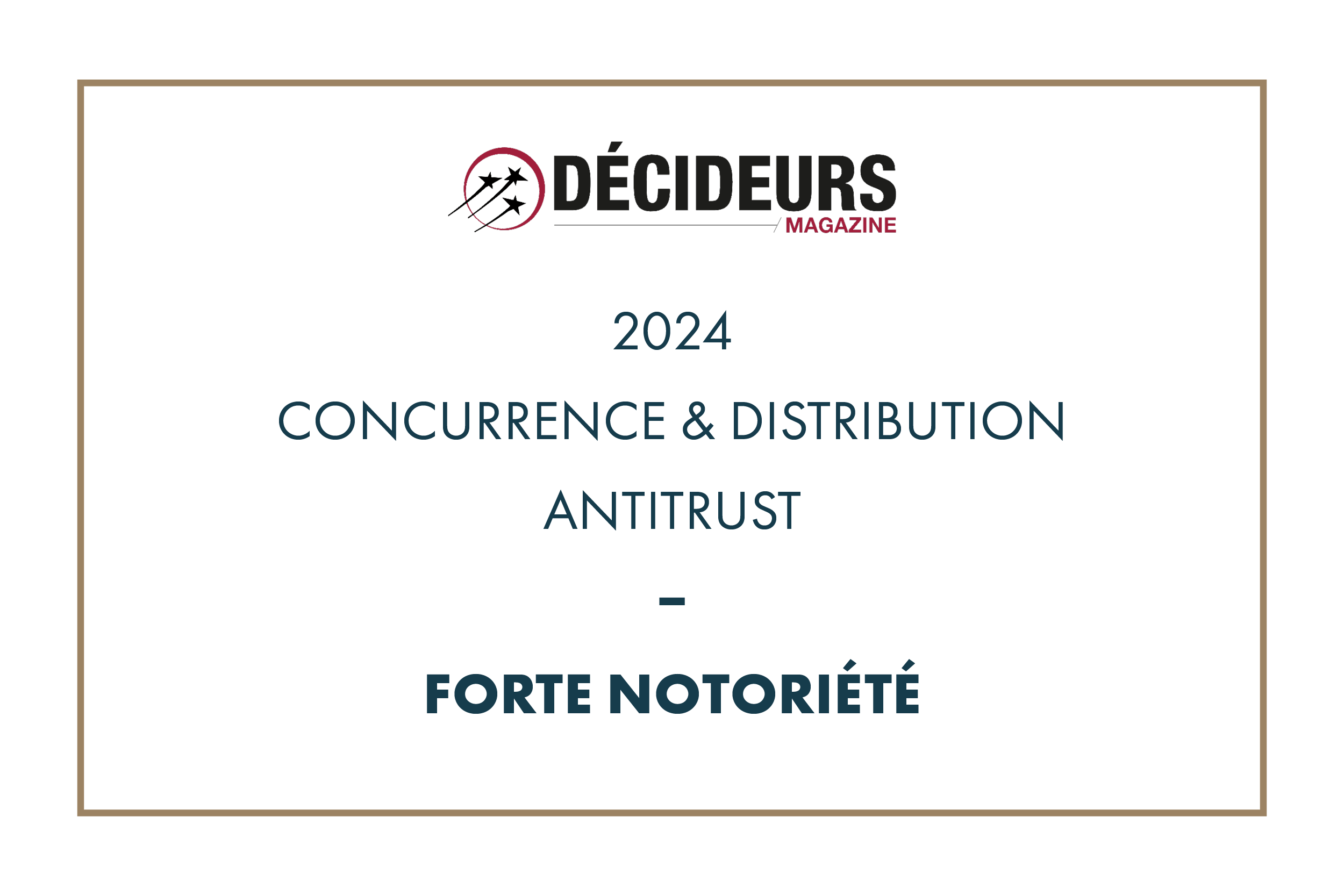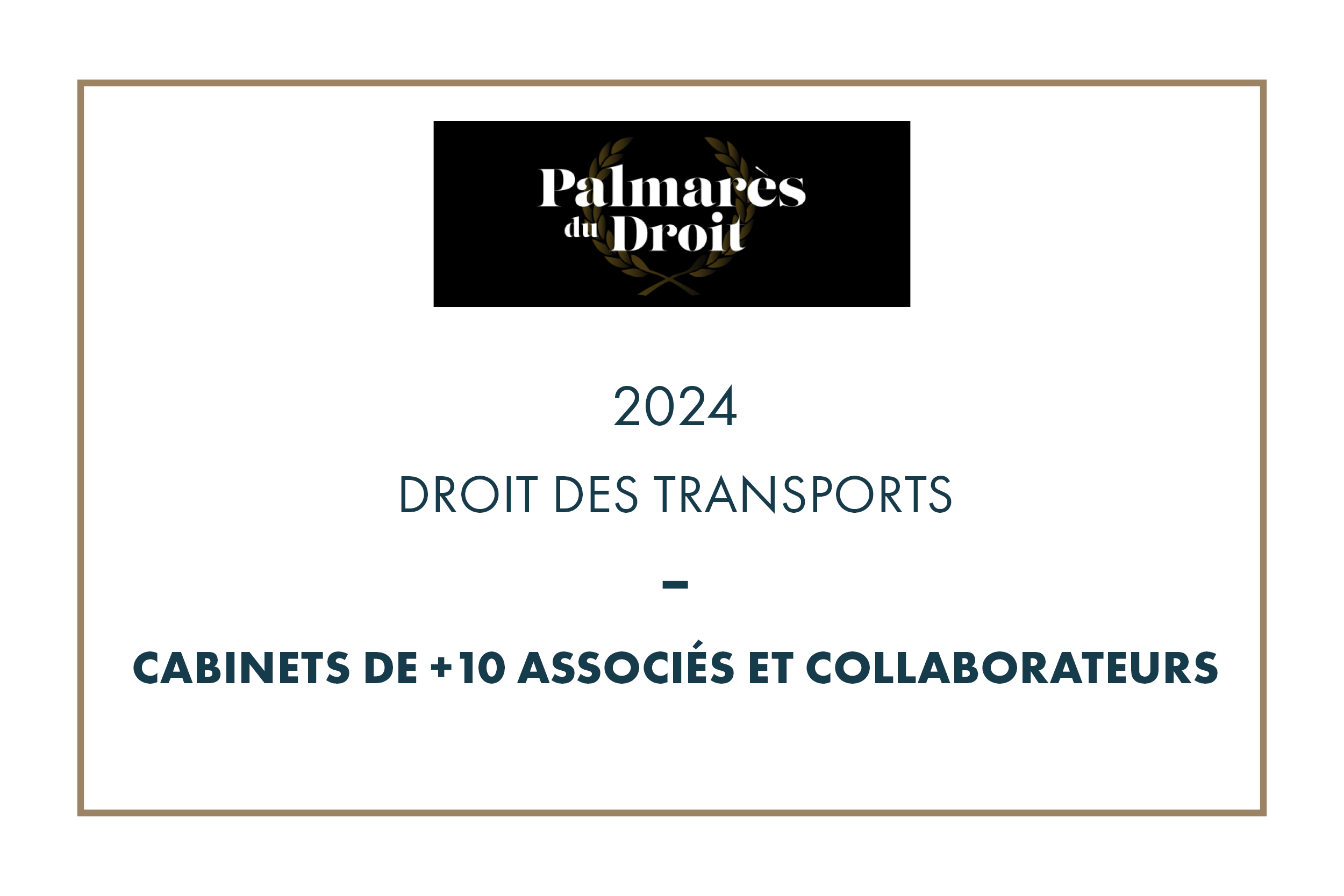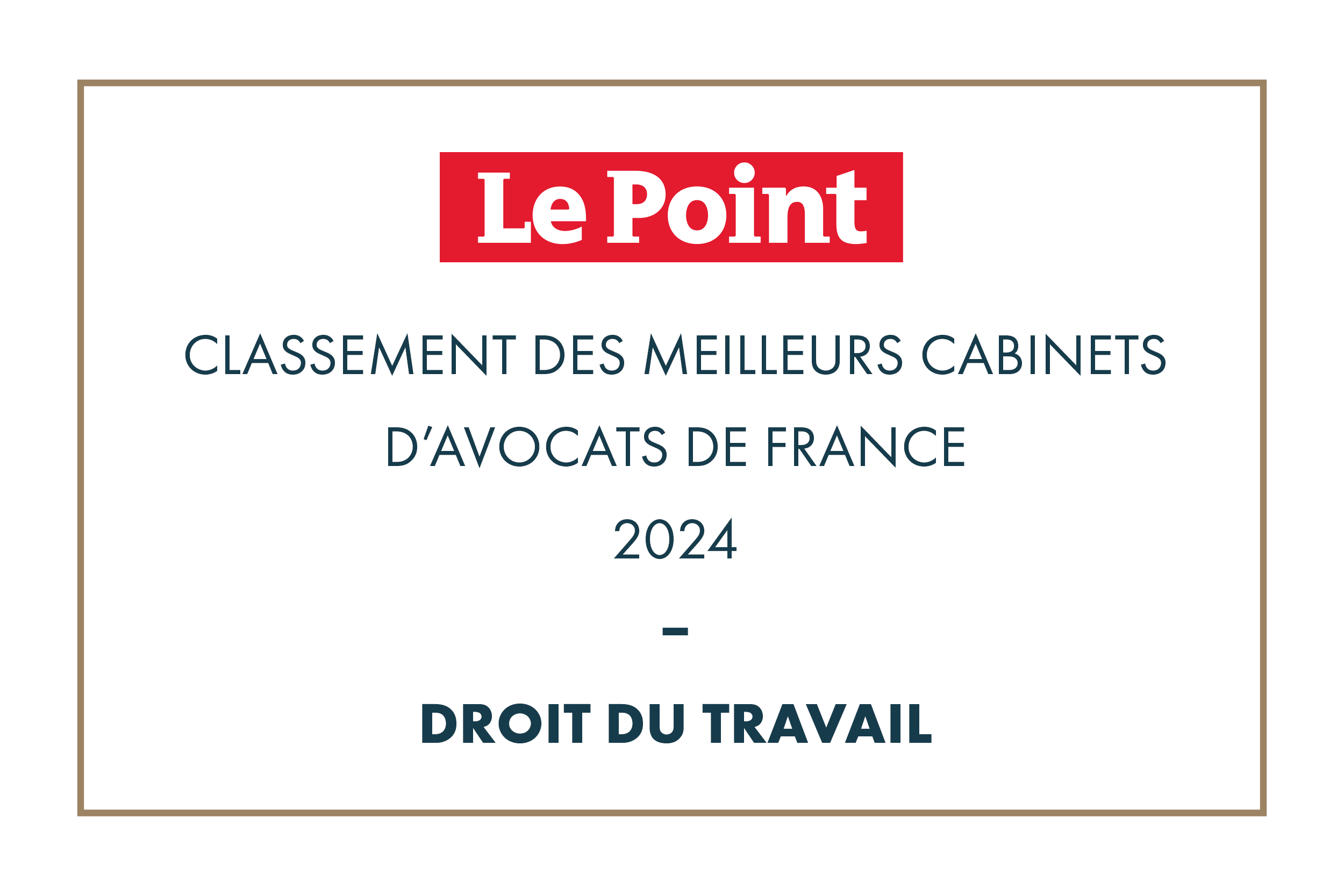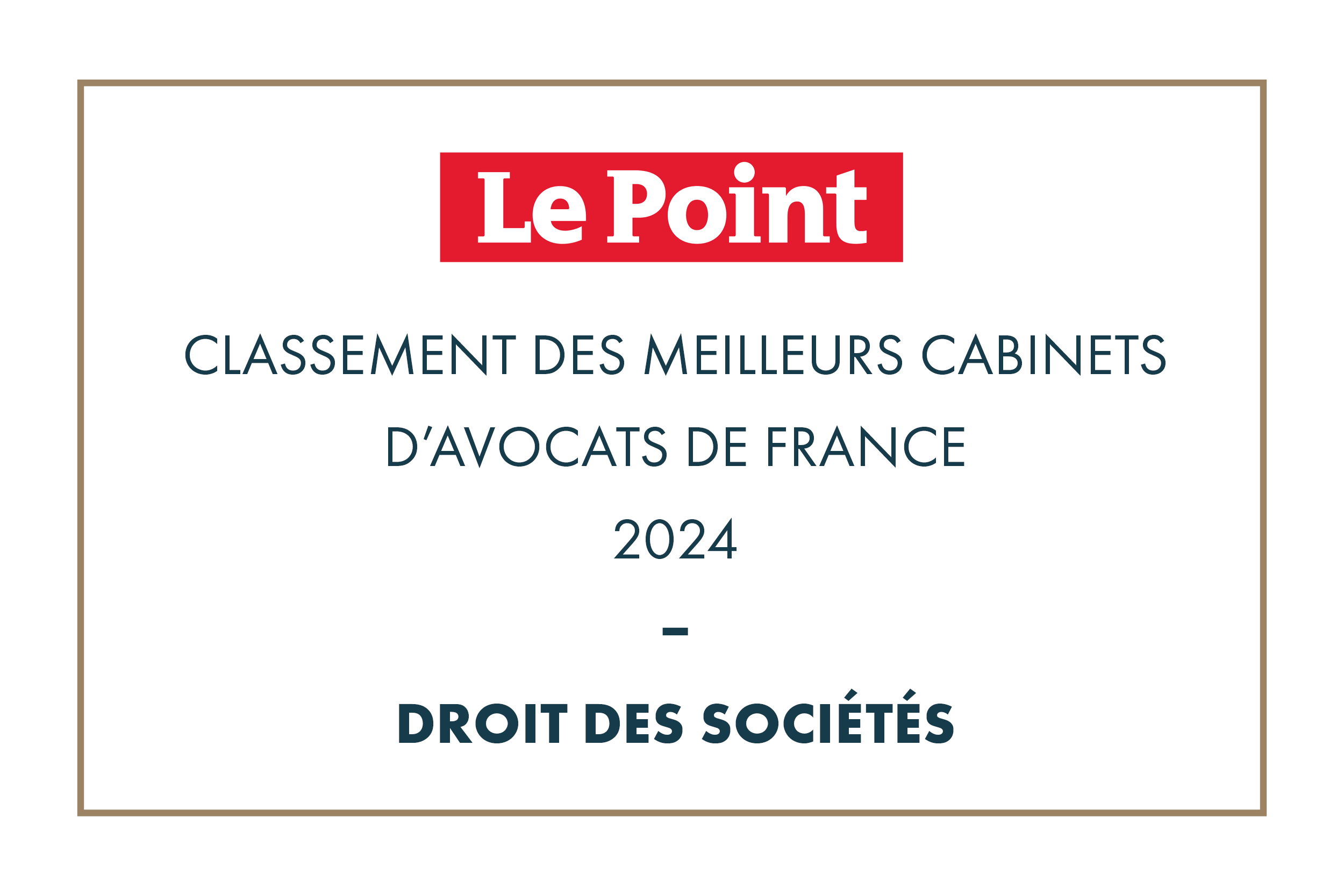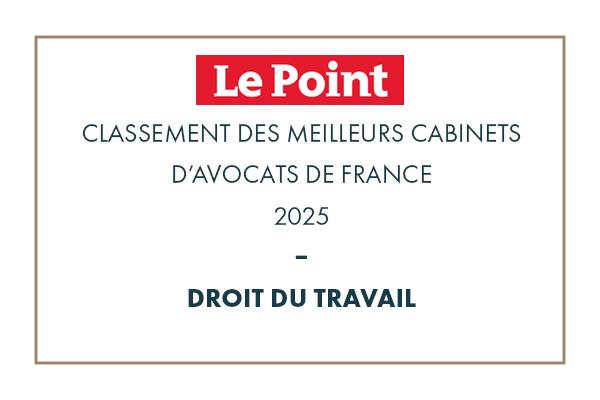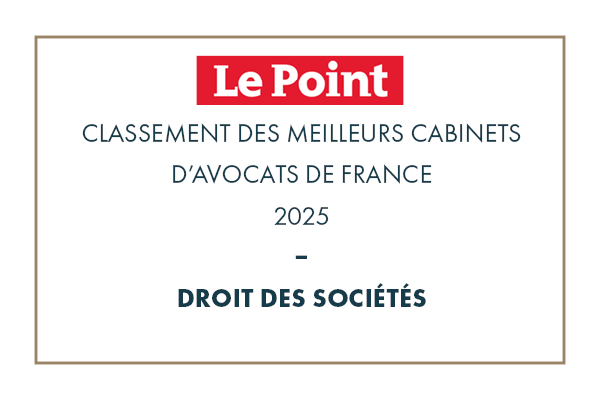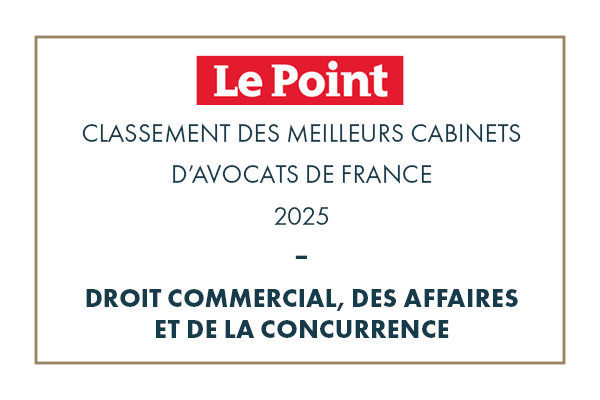The value-sharing bill
30 June 2023
The government has transposed the content of the national interprofessional agreement (ANI) on value sharing concluded on February 10, 2023 between the social partners (MEDEF, CPME, U2P, CFDT, FO, CFE-CGC and CFTC).
For the record, the government had undertaken to “faithfully and fully transcribe into law” the ANI agreement on value sharing, and it was with this in mind that the text was presented to the Council of Ministers on May 24, 2023. The aim of this agreement is to boost value-sharing within the company, while reiterating the principle of non-substitution, by virtue of which sums paid out under value-sharing schemes must not replace salaries.
The bill comprises 15 articles divided into 4 sections: strengthening social dialogue on job classifications; facilitating the widespread use of value-sharing schemes; simplifying the implementation of value-sharing schemes; and developing employee shareholding.
Here are the main measures of the bill that were examined by the General Assembly as of June 26, 2023 under the accelerated procedure:
- A value-sharing mechanism would be tested for 5 years in companies with between 11 and 50 employees. If, for 3 consecutive years, a company achieves a net profit for tax purposes equal to at least 1% of sales, it will be required to set up one of the following schemes during the following year: a profit-sharing or incentive scheme, a contribution to an employee savings or retirement savings plan, or a value-sharing bonus (PPV);
- Companies with at least 50 employees should open negotiations on value-sharing in the event of “exceptional“ results. A company opening negotiations on profit-sharing or incentive schemes would also have to negotiate, on this occasion, on the definition of an exceptional increase in the company’s net taxable profit and on the terms and conditions for sharing the value should this exceptional increase occur. Value sharing could take the form of additional profit-sharing or incentive payments, or the opening of negotiations to set up a profit-sharing scheme, a contribution to an employee savings or pension plan, or a PPV. Companies that already have a profit-sharing or incentive plan should open negotiations before June 30, 2024;
- A “company value-sharing“ plan could be set up in a company, through an agreement concluded in the same way as a profit-sharing agreement. It would involve paying all employees with at least 12 months’ seniority a bonus calculated on the basis of the increase in the company’s value over a 3-year period defined by the plan. The system could also be set up at group level. The capped bonus would be exempt from social security contributions and also from income tax if allocated to an employee savings or retirement plan;
- The value-sharing bonus (PPV) introduced by the French Purchasing Power Act of August 16 will be modified. Companies could pay two PPVs each year, benefiting in total from an exemption from social security contributions within the same limits as at present (€3,000 or €6,000 depending on the case). The income tax exemption for employees earning less than 3 times the annual minimum wage will be extended from January 1, 2024, but only in companies with fewer than 50 employees;
- A less favorable profit-sharing scheme than the legal formula would be tested for 5 years in companies with fewer than 50 employees. It could be introduced on a voluntary basis, or by the company signing up to a branch agreement providing for a less favourable calculation formula than the legal one. Branches are required to open negotiations to this effect before July 1, 2024. Companies that already have a profit-sharing scheme would have to reach an agreement to set up a less favourable scheme;
- Profit-sharing and incentive agreements could provide for advances to be made during the year on future bonuses, at most on a quarterly basis. Any overpayment would be repaid by the employee in the form of a salary deduction. In addition, a profit-sharing agreement could set a minimum and/or maximum salary for the calculation of profit-sharing based on salary, in order to favor employees with the lowest salaries when distributing profits;
- Company savings plans, PEIs and company retirement savings plans (Pereco and Pero) should offer at least one allocation of savings to a fund labelled as part of the energy and ecological transition, or socially responsible;
- The ceilings applicable to free share allocations (AGAs) would be relaxed. The overall ceiling on the number of free shares granted would be raised, and the individual ceiling on the number of shares held by a corporate officer or an employee would be made more flexible in relation to the share capital.
On June 29, the French National Assembly adopted the bill on first reading, with the following amendments:
- They have brought forward to January 1st, 2024, i.e. by one year, the experimental implementation of value-sharing schemes in companies with 11 to 49 employees not subject to mandatory profit-sharing. As a result, they have exempted the SAPO (Société Anonyme à Participation Ouvrière) companies from the experiment. The inter-company Pereco plan (plan d’épargne retraite d’entreprise collectif) has been added to the list of employee savings plans eligible for matching contributions under this scheme.
In addition, this experimental obligation to share value has been extended to companies in the social economy (associations, mutual societies, cooperatives) whose economic situation allows it, and which have no net profit for tax purposes. An extended branch agreement will be required.
- With regard to the new obligation to negotiate on exceptional profits, they have defined the definition of an exceptional increase in profits that the social partners may adopt in the context of collective bargaining (in this respect, they have followed the opinion of the Conseil d’État on the draft law).
Thus, the definition of an exceptional increase in profit will have to take into account “criteria such as the size of the company, the sector of activity, profits made in previous years or exceptional events external to the company that occurred before the profit was made“. As a reminder, the ANI did not include any criteria.
- They have transposed Article 4 of the ANI, requiring professional branches to draw up, by December 31, 2024, an assessment of their action to promote and improve gender diversity in the workplace;
- Sanctarize article D.3324-40 of the Labor Code at the legislative level to clarify the law applicable to the declaration of a company’s results for a given financial year. The aim is to enable employees to benefit from a recalculation of the company’s profits with a view to a possible revaluation of their employee profit-sharing, in cases where a calculation error, fraudulent maneuvers or tax optimization strategies have distorted the company’s results over a financial year;
- Transpose Article 15 of the ANI, which enables profit-sharing agreements to take into account criteria relating to the company’s social and environmental responsibility;
- The deputies also asked the Government to submit a report taking stock of the 2019 PACTE law, and in particular on the implementation of the obligation relating to participation.
The bill must now be examined by the Senate. To be continued!




